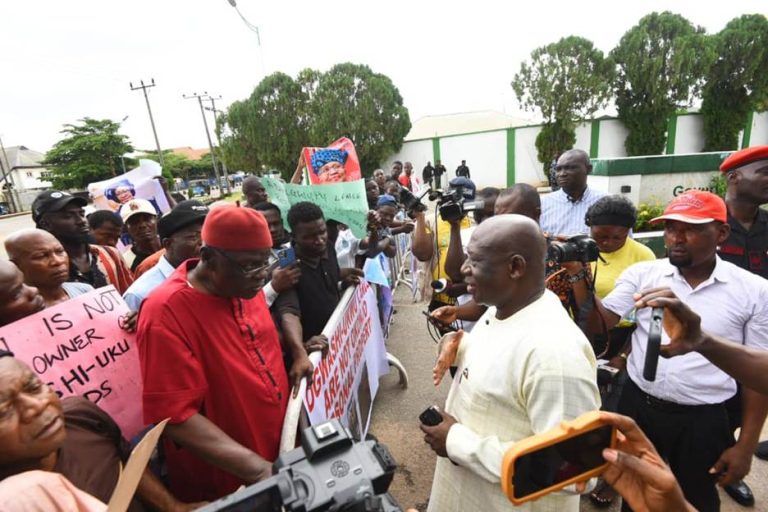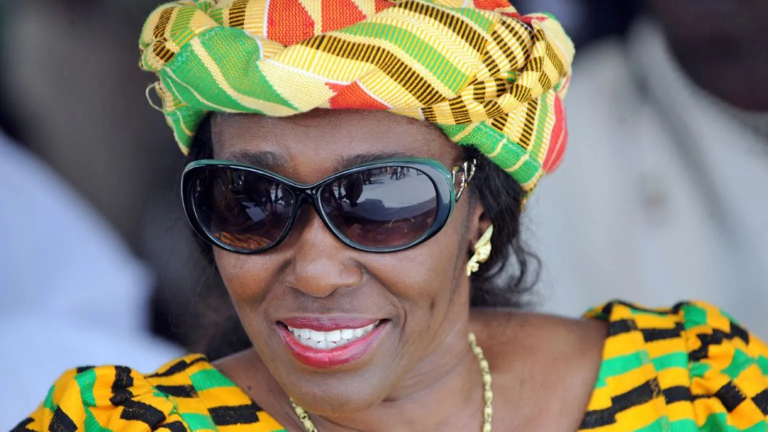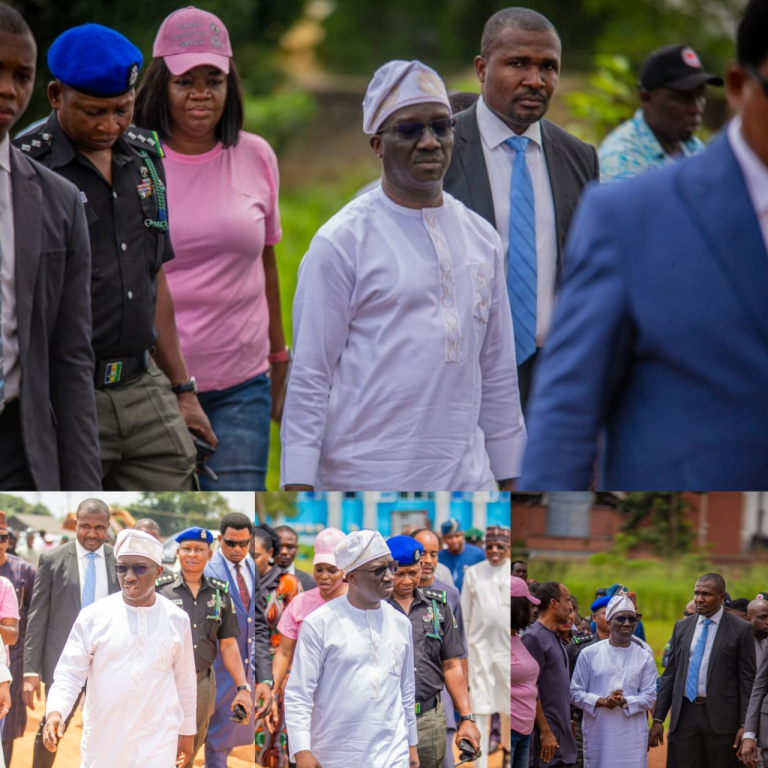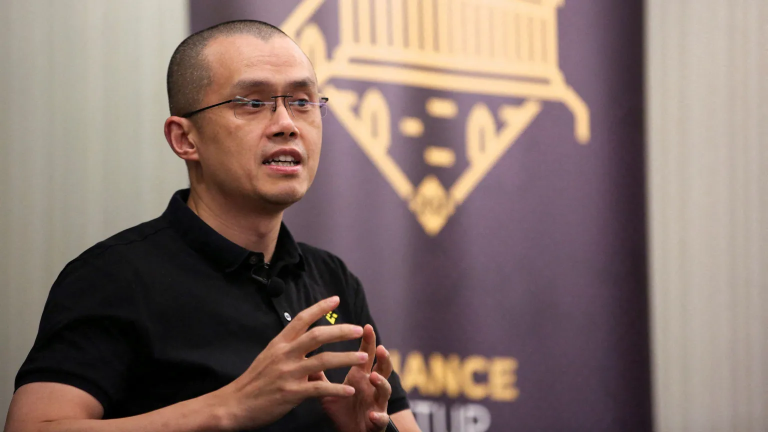
Dennis Idahosa
As the Edo State government battles outbreak of Diphtheria and Dengue Fever, the deputy governor, Dennis Idahosa, has assured that the state is making concerted efforts at building a responsive and resilient primary health care (PHC) system and has initiated policies and reforms that would ensure a sustainable healthcare delivery system.
Idahosa, a former member of the House of Representatives, therefore called for societal vigilance and surveillance to help curtail the effects of the outbreak of the twin health emergencies.
Speaking as Chair of the second meeting of the state’s Taskforce on Primary Health Care (PHC) at the New Festival Hall, Government House in Benin, on Thursday, the deputy governor, in his keynote address, encouraged members of the taskforce to be solutions-driven, as well as being instruments of change in their quest to disseminate, enlighten and champion a result-driven health process that benefits locals across the 18 local government areas.
Friday Aghedo, his Chief Press Secretary, said in a statement that apart from the taskforce members, the meeting was attended by other stakeholders and developmental partners.
Noting that the plan was to make PHC the most accessible form of healthcare in the state to aid better maternal and health outcomes, Idahosa singled out for commendation the Egor local government chairman, Kelvin Eguaekun, for his deliberate effort to network and maintain cleanliness in his council area.
Idahosa hinted of the state government’s move to implement a reward system for local government chairmen who play critical roles in their domains by disseminating and implementing processes that showcase the benefits of a cleaner environment to drive down diseases.
Amongst chairmen who pledged to implement decisions reached at the stakeholders’ meeting included Haruna Mohammed of Owan East and Joy Ohonyor of Owan West local governments.
In a similar vein, the Commissioner for Health, Dr. Cyril Oshiomhole explained measures that had been put in place to combat the outbreak of Diphtheria.
He said that through the intervention of the governor, the state had made donations of medical supplies to the University of Benin Teaching Hospital (UBTH).
The medical supplies provided include hospital beds, mattresses, oxygen cylinders, intravenous fluids, and erythromycin, among others.
Dr. Oshiomhole also announced the donation of 20 doses of Diphtheria antitoxins by the Delta State government.
According to the commissioner, “We also want to commend the UBTH, the Nigerian Centre for Disease Control (NCDC), and development partners such as UNICEF, WHO, for their collaborative efforts and provision of technical support to combat the disease.
“NCDC provided the state with diphtheria antitoxins and intravenous erythromycin and other logistics.
“In addition, NCDC team is presently on ground to do a verbal autopsy of some of the current victims of the Diphtheria outbreak”.
Dr. Oshiomhole, who noted that the state was also faced with dengue fever which he said had led to the emphasis on the need for a cleaner environment, also recommended the same measure to control outbreak of Lassa fever.
Explaining the reactive vaccination for teens from ages 5-14 in schools based on the outbreak of Diphtheria in six council areas of the state, the Health commissioner underscored the need for contact tracing in neighborhoods and schools in order to track and vaccinate high-risk people, front liners, and high-risk personalities in the society.
Earlier, the Executive Secretary, Edo State Primary Health Care Development Agency, (EDSPHCDA), Dr. Coulsen Oisokhai, called for collaboration with civil society organisations and development partners to strengthen relationships.
Speaking on behalf of implementing partners, Dr. Nora Eyo of the WHO harped on vaccine hesitancy as a major challenge faced in Edo State.
Dr. Eyo pointed out the prevalence of waste dumps in residential buildings in the state as a challenge to sound health.



